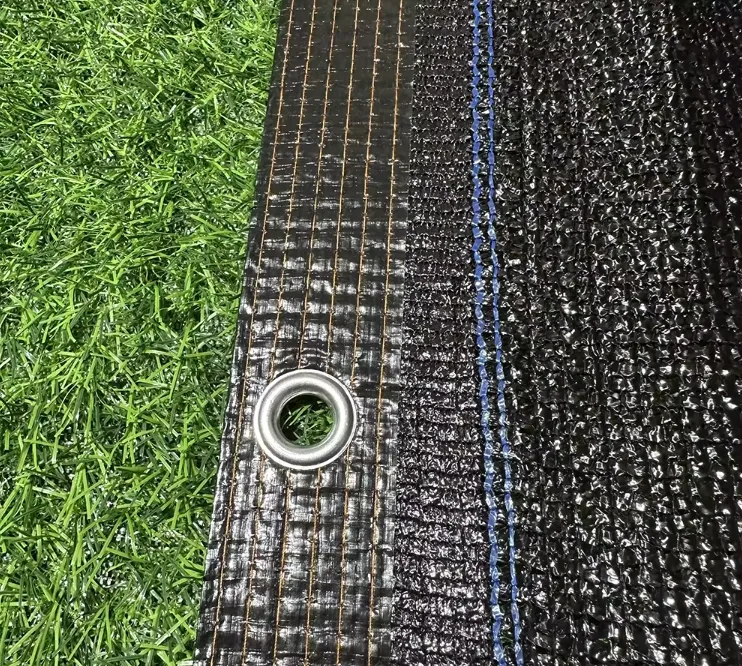-
 Afrikaans
Afrikaans -
 Albanian
Albanian -
 Amharic
Amharic -
 Arabic
Arabic -
 Armenian
Armenian -
 Azerbaijani
Azerbaijani -
 Basque
Basque -
 Belarusian
Belarusian -
 Bengali
Bengali -
 Bosnian
Bosnian -
 Bulgarian
Bulgarian -
 Catalan
Catalan -
 Cebuano
Cebuano -
 China
China -
 Corsican
Corsican -
 Croatian
Croatian -
 Czech
Czech -
 Danish
Danish -
 Dutch
Dutch -
 English
English -
 Esperanto
Esperanto -
 Estonian
Estonian -
 Finnish
Finnish -
 French
French -
 Frisian
Frisian -
 Galician
Galician -
 Georgian
Georgian -
 German
German -
 Greek
Greek -
 Gujarati
Gujarati -
 Haitian Creole
Haitian Creole -
 hausa
hausa -
 hawaiian
hawaiian -
 Hebrew
Hebrew -
 Hindi
Hindi -
 Miao
Miao -
 Hungarian
Hungarian -
 Icelandic
Icelandic -
 igbo
igbo -
 Indonesian
Indonesian -
 irish
irish -
 Italian
Italian -
 Japanese
Japanese -
 Javanese
Javanese -
 Kannada
Kannada -
 kazakh
kazakh -
 Khmer
Khmer -
 Rwandese
Rwandese -
 Korean
Korean -
 Kurdish
Kurdish -
 Kyrgyz
Kyrgyz -
 Lao
Lao -
 Latin
Latin -
 Latvian
Latvian -
 Lithuanian
Lithuanian -
 Luxembourgish
Luxembourgish -
 Macedonian
Macedonian -
 Malgashi
Malgashi -
 Malay
Malay -
 Malayalam
Malayalam -
 Maltese
Maltese -
 Maori
Maori -
 Marathi
Marathi -
 Mongolian
Mongolian -
 Myanmar
Myanmar -
 Nepali
Nepali -
 Norwegian
Norwegian -
 Norwegian
Norwegian -
 Occitan
Occitan -
 Pashto
Pashto -
 Persian
Persian -
 Polish
Polish -
 Portuguese
Portuguese -
 Punjabi
Punjabi -
 Romanian
Romanian -
 Russian
Russian -
 Samoan
Samoan -
 Scottish Gaelic
Scottish Gaelic -
 Serbian
Serbian -
 Sesotho
Sesotho -
 Shona
Shona -
 Sindhi
Sindhi -
 Sinhala
Sinhala -
 Slovak
Slovak -
 Slovenian
Slovenian -
 Somali
Somali -
 Spanish
Spanish -
 Sundanese
Sundanese -
 Swahili
Swahili -
 Swedish
Swedish -
 Tagalog
Tagalog -
 Tajik
Tajik -
 Tamil
Tamil -
 Tatar
Tatar -
 Telugu
Telugu -
 Thai
Thai -
 Turkish
Turkish -
 Turkmen
Turkmen -
 Ukrainian
Ukrainian -
 Urdu
Urdu -
 Uighur
Uighur -
 Uzbek
Uzbek -
 Vietnamese
Vietnamese -
 Welsh
Welsh -
 Bantu
Bantu -
 Yiddish
Yiddish -
 Yoruba
Yoruba -
 Zulu
Zulu
Affordable Weld Mesh Fence Prices Durable & Customizable Solutions
- Overview of weld mesh fencing and its market relevance
- Key factors influencing weld mesh fence pricing
- Technical advantages of high-quality welded mesh
- Manufacturer comparison: pricing, materials, and durability
- Customization options for project-specific requirements
- Real-world applications and case study insights
- Strategic considerations for cost-effective purchasing

(weld mesh fence price)
Understanding Weld Mesh Fence Price Factors
Weld mesh fencing remains a top choice for industrial, commercial, and residential security due to its structural integrity. Prices typically range from $12 to $45 per linear foot, depending on wire gauge (8-12 gauge), coating type (PVC, galvanized), and mesh size (1"–4"). Regional material costs account for 15–20% of price variations, while bulk orders (100+ feet) often reduce unit costs by 8–12%.
Technical Superiority in Modern Wire Mesh
Advanced manufacturing processes enable 10–15% greater tensile strength (up to 650 MPa) compared to traditional fencing. Hot-dip galvanized meshes demonstrate 3–5× longer corrosion resistance than electro-galvanized alternatives. Robotic welding ensures 99.2% joint consistency, critical for load-bearing applications requiring 800–1,200 lbs/square foot capacity.
| Manufacturer | Price/ft ($) | Wire Gauge | Coating | Warranty |
|---|---|---|---|---|
| SteelGuard Pro | 38.50 | 9 | Dual-layer PVC | 25 years |
| FortressMesh | 29.90 | 10 | Hot-dip galvanized | 15 years |
| EconoFence | 17.80 | 12 | Powder-coated | 5 years |
Custom Solutions for Diverse Applications
Specialized configurations account for 34% of commercial orders, including:
- Anti-climb designs (45° mesh angle)
- Coastal-grade stainless steel (316L)
- High-visibility open meshes (85% transparency)
Performance in Demanding Environments
A 2023 infrastructure study documented weld mesh retaining 94% structural integrity after 15 years in coastal Texas installations. Comparatively, chain-link fencing showed 62% integrity under identical conditions. Industrial sites report 78% lower breach attempts with 14-gauge weld mesh versus standard 12-gauge alternatives.
Optimizing Budgets Without Compromise
Hybrid configurations blending 12-gauge base frames with 14-gauge infill panels reduce material costs by 18–22% while maintaining impact resistance above 650 joules. Seasonal purchasing (Q4) typically yields 6–9% discounts from major suppliers.
Why Weld Mesh Fence Price Reflects Long-Term Value
Lifecycle cost analysis reveals weld mesh delivers 12–18 year service spans versus 8–10 years for conventional fencing. With maintenance costs 40% lower than ornamental iron alternatives, the initial weld mesh fence price
converts to 23–27% annual savings over decadal periods.

(weld mesh fence price)
FAQS on weld mesh fence price
Q: What factors influence the weld mesh fence price per roll?
A: The price depends on material grade (e.g., stainless steel or galvanized), wire thickness, mesh size, and roll dimensions. Supplier pricing policies and bulk discounts also affect costs.
Q: How is gi weld mesh price calculated per square meter?
A: GI (galvanized iron) weld mesh price per m² is determined by coating thickness, wire diameter, and panel size. Larger orders often reduce the unit cost due to economies of scale.
Q: Does weld mesh price vary for different heights and lengths?
A: Yes, taller or longer fences require more materials and labor, increasing the price. Custom specifications like anti-corrosion treatments add extra costs.
Q: Why does gi weld mesh cost more than standard weld mesh?
A: GI weld mesh includes a zinc coating for rust resistance, which adds material and processing expenses. Long-term durability justifies the higher initial price.
Q: Are installation costs included in weld mesh fence price quotes?
A: Most suppliers list material costs separately; installation depends on terrain complexity and labor rates. Always confirm if quotes cover delivery and setup.
-
Why Nylon Mesh Netting is Revolutionizing Industrial and Commercial ApplicationsNewsJun.13,2025
-
Reinventing Reliability with Construction Wire MeshNewsJun.13,2025
-
Protect Your Crops with High-Performance Agricultural Netting SolutionsNewsJun.13,2025
-
Premium Breeding Net Solutions for Modern AquariumsNewsJun.13,2025
-
Precision Filtration Solutions for Industrial and Commercial NeedsNewsJun.13,2025
-
Advanced Industrial Mesh Solutions for Every ApplicationNewsJun.13,2025











